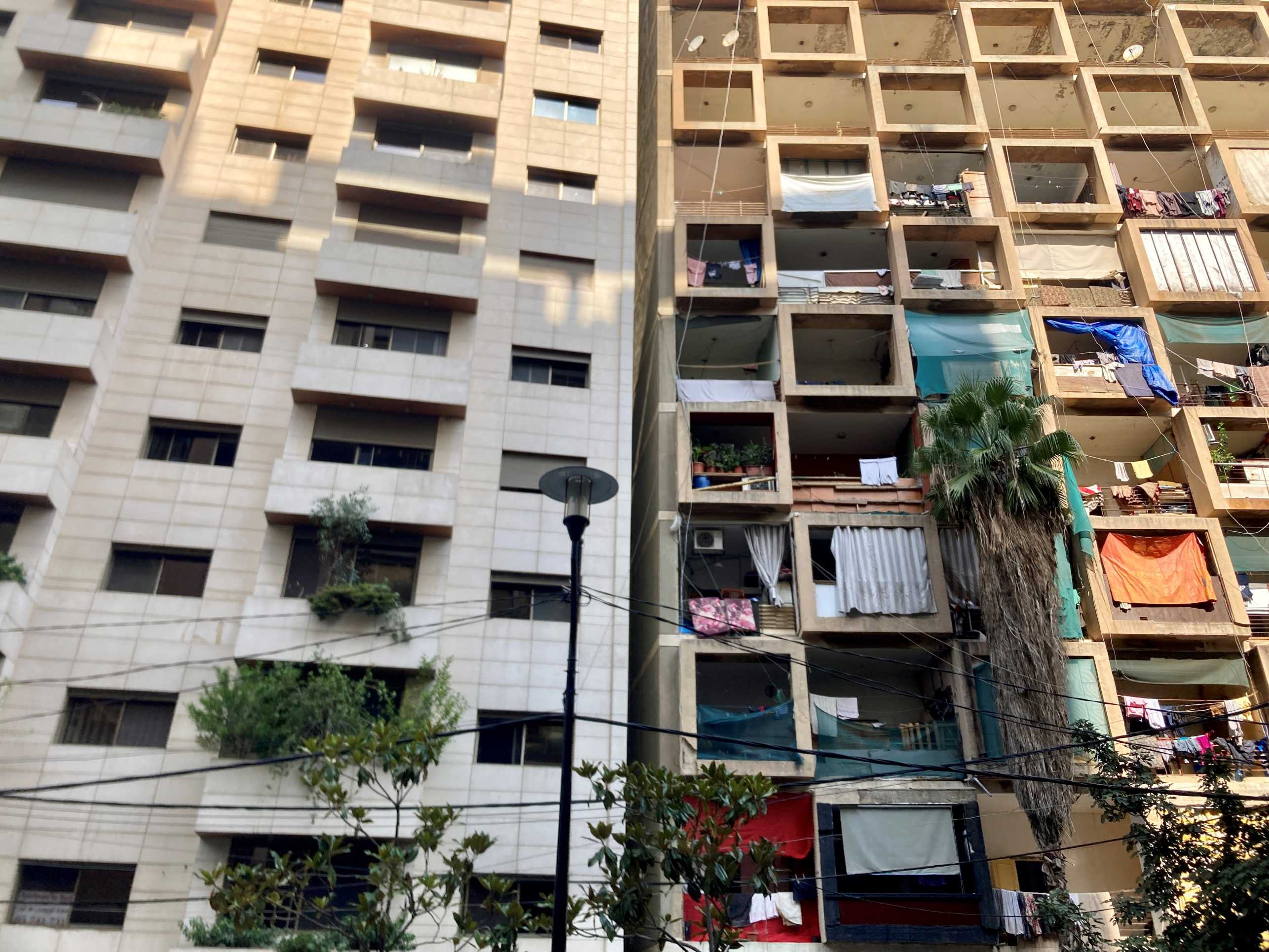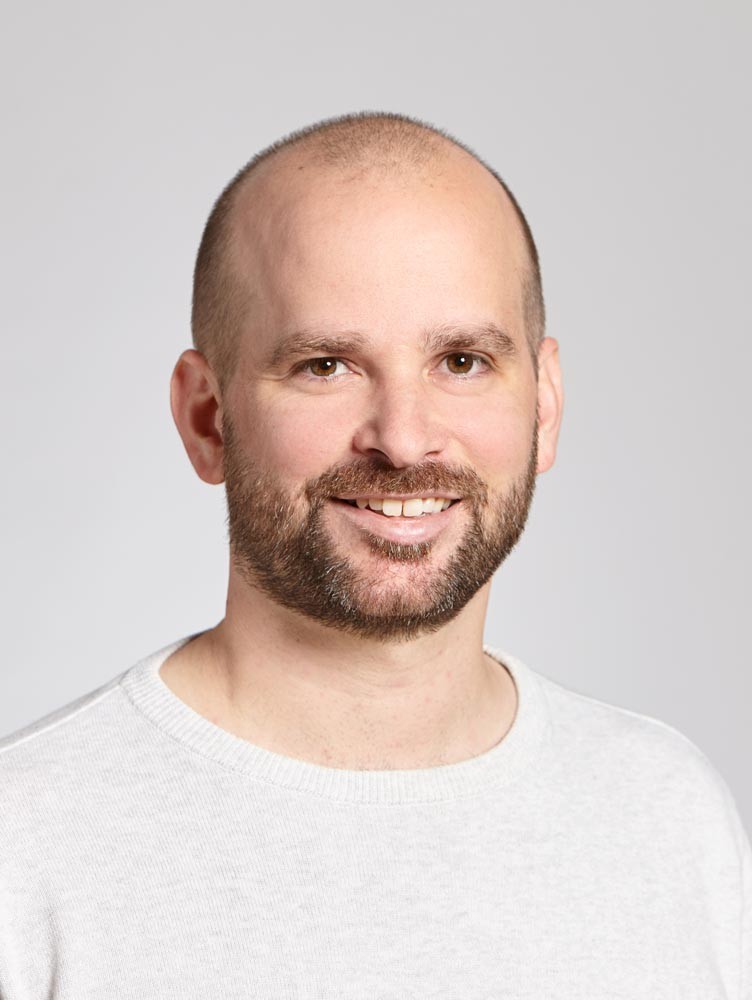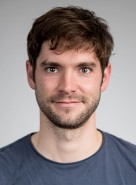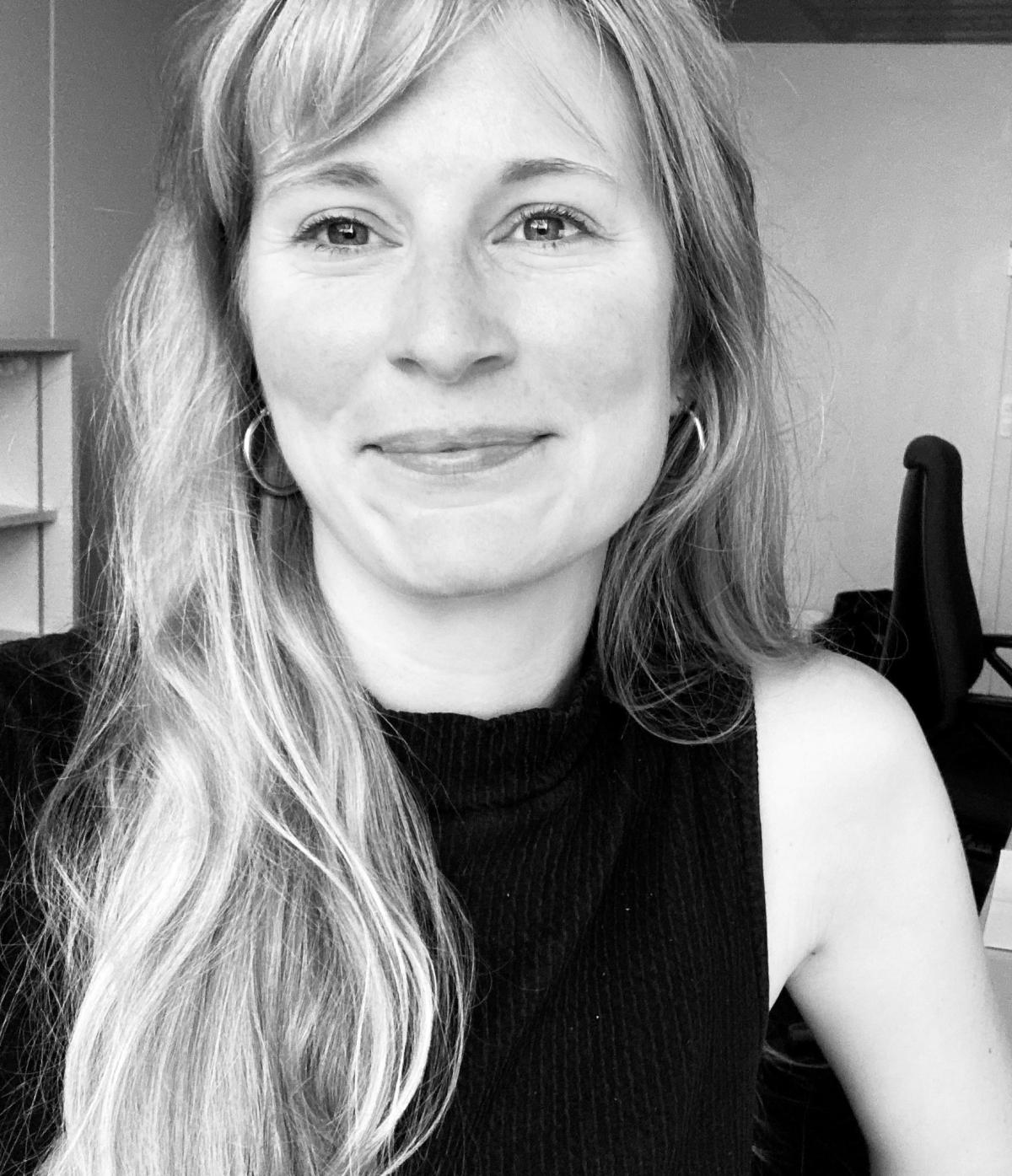Housing in Urban Humanitarian Crises
Urban humanitarian housing is one of the most significant challenges for today’s humanitarian actors, who are seeking new ways of providing adequate housing for displaced persons in cities. At the same time, a growing number of refugees are struggling to find affordable and dignified housing, often resorting to dwelling in informal neighborhoods.
This project seeks to generate new perspectives on the housing situation of displaced persons in Bogotá, Colombia, and Beirut, Lebanon, in an effort to make a transformative contribution to improve humanitarian housing responses as well as the lives, well-being, and agency of displaced persons.
Introduction
At the end of 2022, there were external page 108.4 million forcibly displaced people worldwide. Almost half of the displaced population worldwide in 2021 came from two countries: Syria and Venezuela. Colombia, in addition to facing an acute internal displacement situation leading to one of the largest and most long-standing populations of IDPs in the world, now hosts almost two million displaced Venezuelans – the second-largest. Lebanon, facing multiple crises, hosts the highest number of refugees per capita worldwide. In addition to around external page 500,000 Palestinian refugees, recent years have brought around 1.5 million people fleeing the Syrian conflict to the country.
Adequate housing and secure tenure external page are foundational to realizing dignified living conditions for communities displaced by conflict or disaster. However, displaced persons often struggle to find adequate housing, causing broad effects on health and social integration and external page deepening gender and sociocultural inequalities. Meanwhile, responding to the need for housing in displacement contexts is one of the biggest unresolved challenges for humanitarian organizations, especially in cities where most displaced persons settle today.
This is a cooperative project between the Humanitarian Planning Hub at SPUR/ETH Zürich, the external page Beirut Urban Lab (BUL) at the American University of Beirut, and external page the Instituto de estudios sociales y culturales Pensar at the Pontificia Universidad Javeriana in Bogotá funded by the external page SNSF Spirit Grant.

The Project
Firstly, the project is interested in investigating how national policymakers, local authorities and organizations, international humanitarian and market actors understand and attempt to meet the housing needs of displaced persons in cities (RQ1). Secondly, the project turns its attention to how different displaced persons articulate and cope with their housing needs and how they may be constrained or empowered to meet them (RQ2). These questions help articulate the incongruity between how displaced people dwell and how different actors respond to their housing needs in processes of varying degrees of (in)formality. The project thinks about these two questions transversally, which allows us to hone in on those operating as mediators between housing providers and those seeking access to housing (such as landlords and market actors). With an interdisciplinary team of academics in Lebanon, Colombia, and Switzerland and a mixed methods approach, the project seeks to shed light on the nexus of housing needs among diverse groups of displaced persons and humanitarian responses within increasingly complex and protracted urban displacement crises.
Through a transdisciplinary approach that includes close collaboration with humanitarian and development organizations as well as the participation of local actors in knowledge production, the project aims to make a transformative contribution to improve humanitarian housing responses as well as the lives, well-being, and agency of displaced persons.
Partners
external page Beirut Urban Lab (BUL), American University of Beirut
external page Instituto de estudios sociales y culturales Pensar, Pontificia Universidad Javeriana
Team Members
Project Director
Deputy head of Inst Spatial and Landscape Development / Head of Network City and Landscape ARCH and BAUG
Raumentwicklung und Stadtpolitik
Stefano-Franscini-Platz 5
8093
Zürich
Switzerland

Project Coordinator
Raumentwicklung und Stadtpolitik
Stefano-Franscini-Platz 5
8093
Zürich
Switzerland

Researcher
Raumentwicklung und Stadtpolitik
Stefano-Franscini-Platz 5
8093
Zürich
Switzerland
